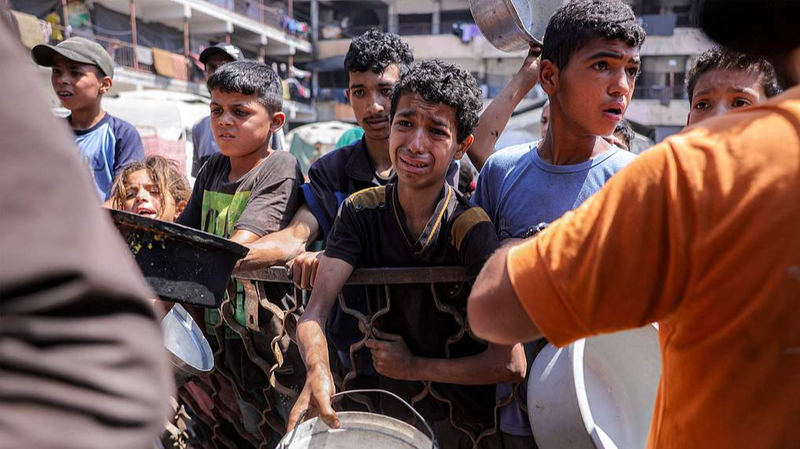In a high-stakes diplomatic move, Israel submitted its third revised proposal for a phased withdrawal of forces from the Gaza Strip to international mediators on Monday. According to diplomatic sources, this fresh outline aims to gradually reduce the Israeli military footprint while coordinating with humanitarian agencies to ease civilian suffering.
Yet the backdrop is grim: renewed Israeli air strikes have claimed at least 47 Palestinian lives in recent days, intensifying the human toll and sparking global concern. UN Secretary-General Antonio Guterres sharply condemned the ongoing strikes, calling the blaze of violence in Gaza "horrific" and warning that the enclave's humanitarian conditions are deteriorating by the hour.
For young global citizens and business and tech enthusiasts, this development highlights the delicate balance between security imperatives and human rights. The phased withdrawal plan could reopen supply routes for businesses and aid organizations, potentially stabilizing the local economy and reigniting conversations on post-conflict reconstruction and innovation in crisis zones.
Thought leaders and changemakers are watching closely. Sustainable reconstruction in Gaza will require more than military adjustments—it demands international cooperation on water, healthcare, and digital connectivity. Meanwhile, travelers and digital nomads tracking safe corridors for humanitarian missions are keen to see if this new proposal paves the way for relief convoys and critical services to reach besieged communities.
As mediators digest Israel's third revision, the world waits: will this blueprint mark a turning point toward de-escalation, or will the cycle of violence continue to undermine hopes for a durable ceasefire? One thing is clear: the eyes of a connected global audience remain fixed on Gaza's unfolding story.
Reference(s):
Israel submits revised Gaza withdrawal plan amid escalating violence
cgtn.com



